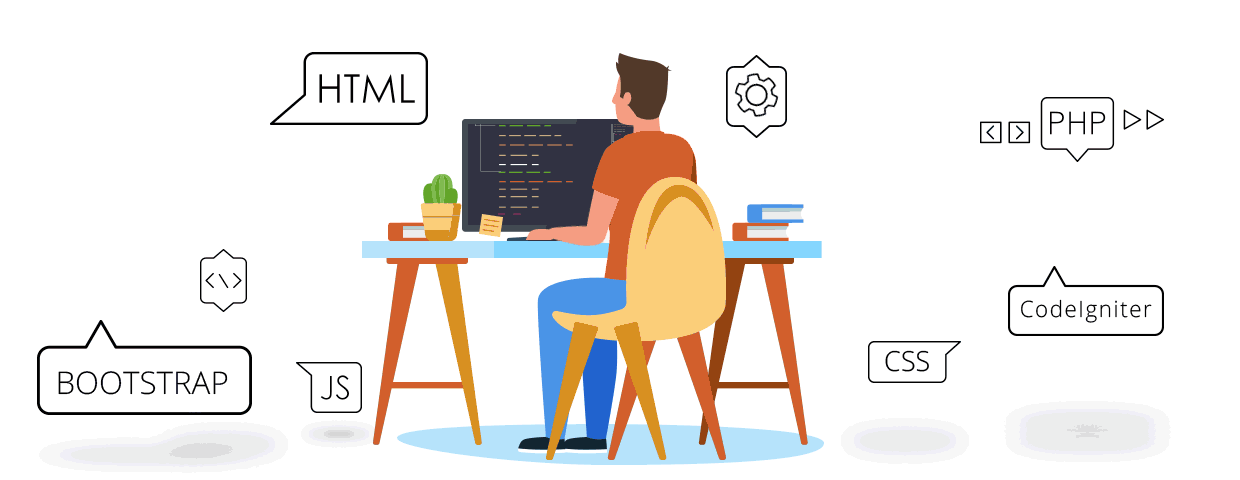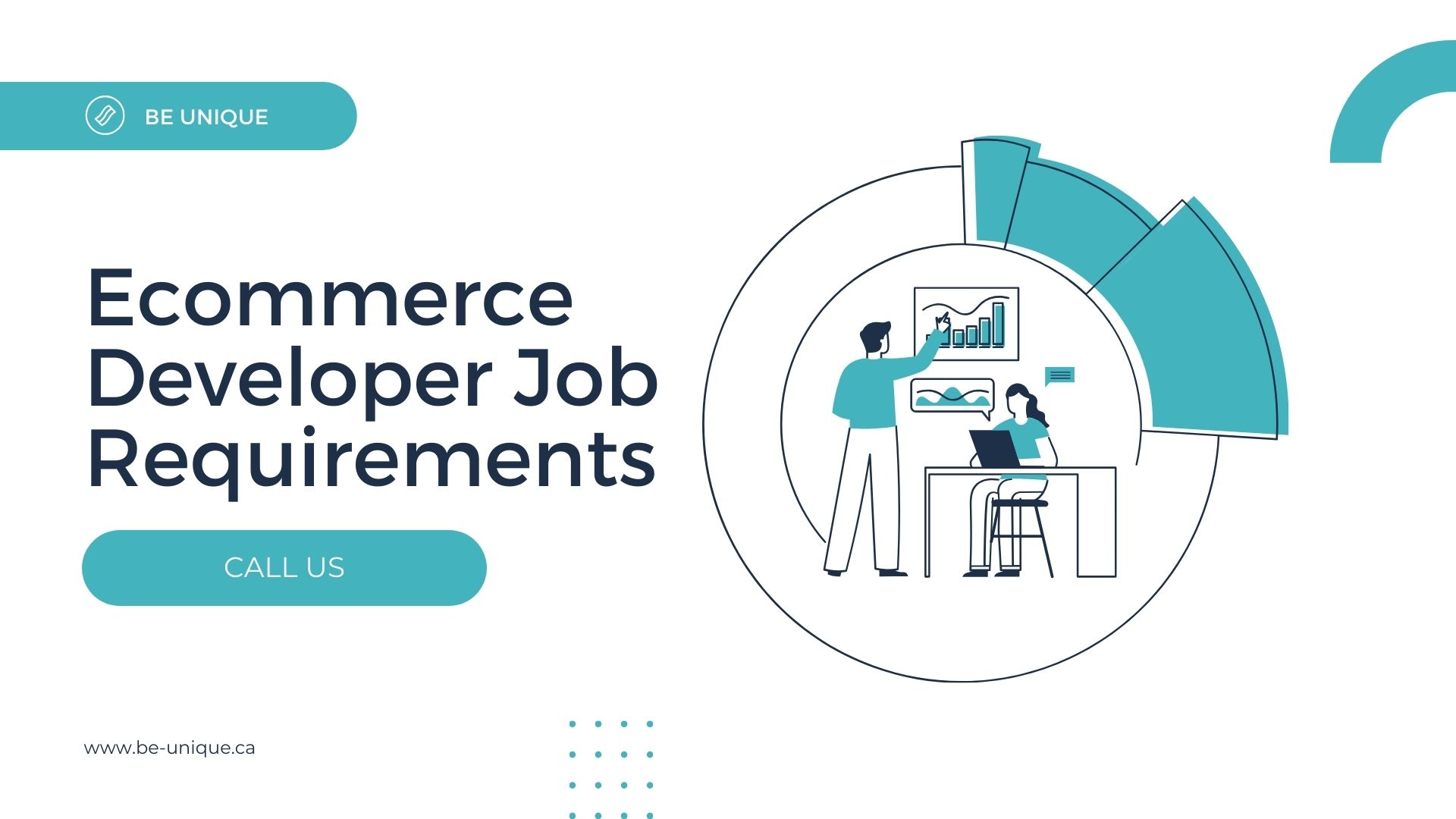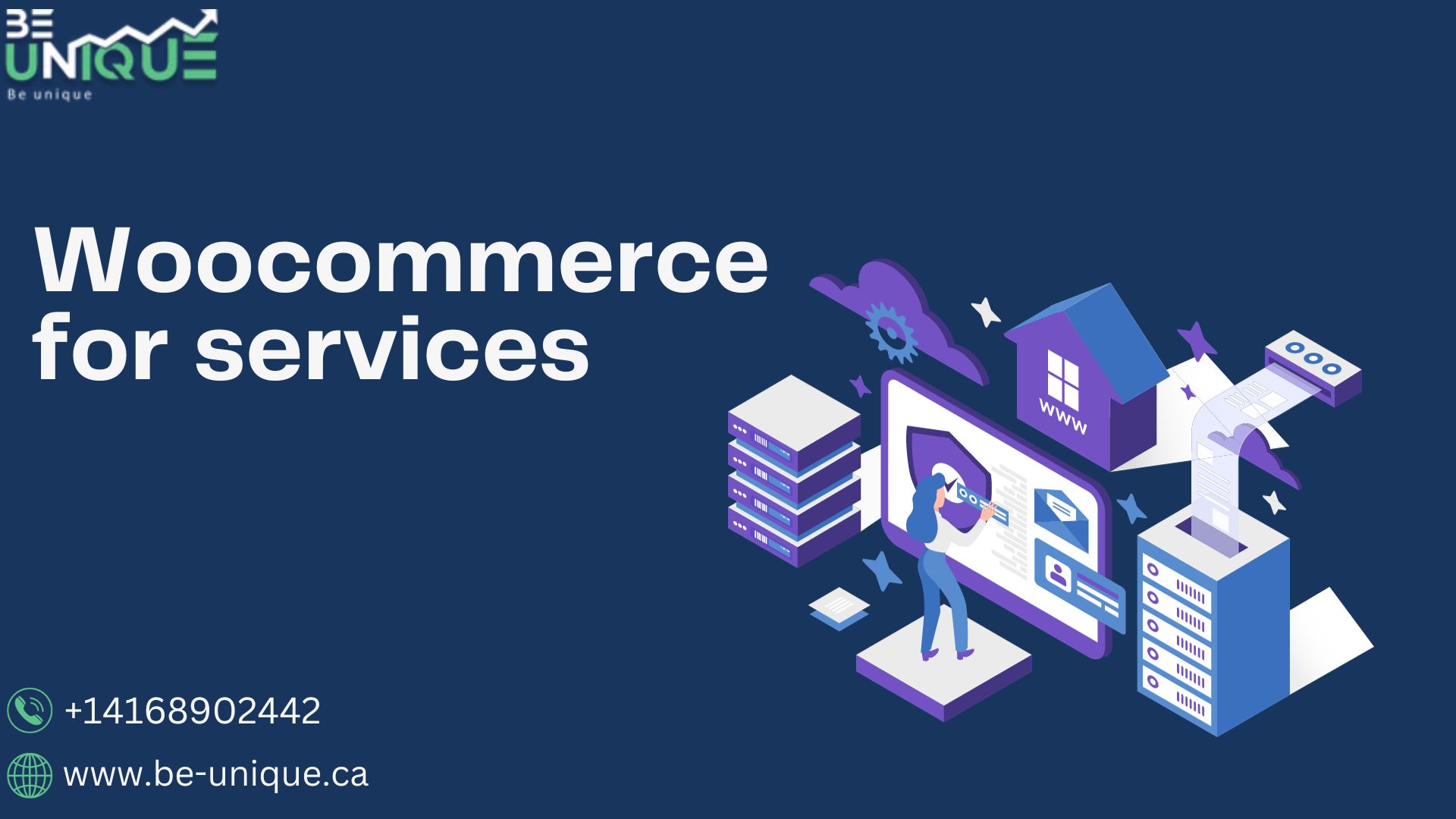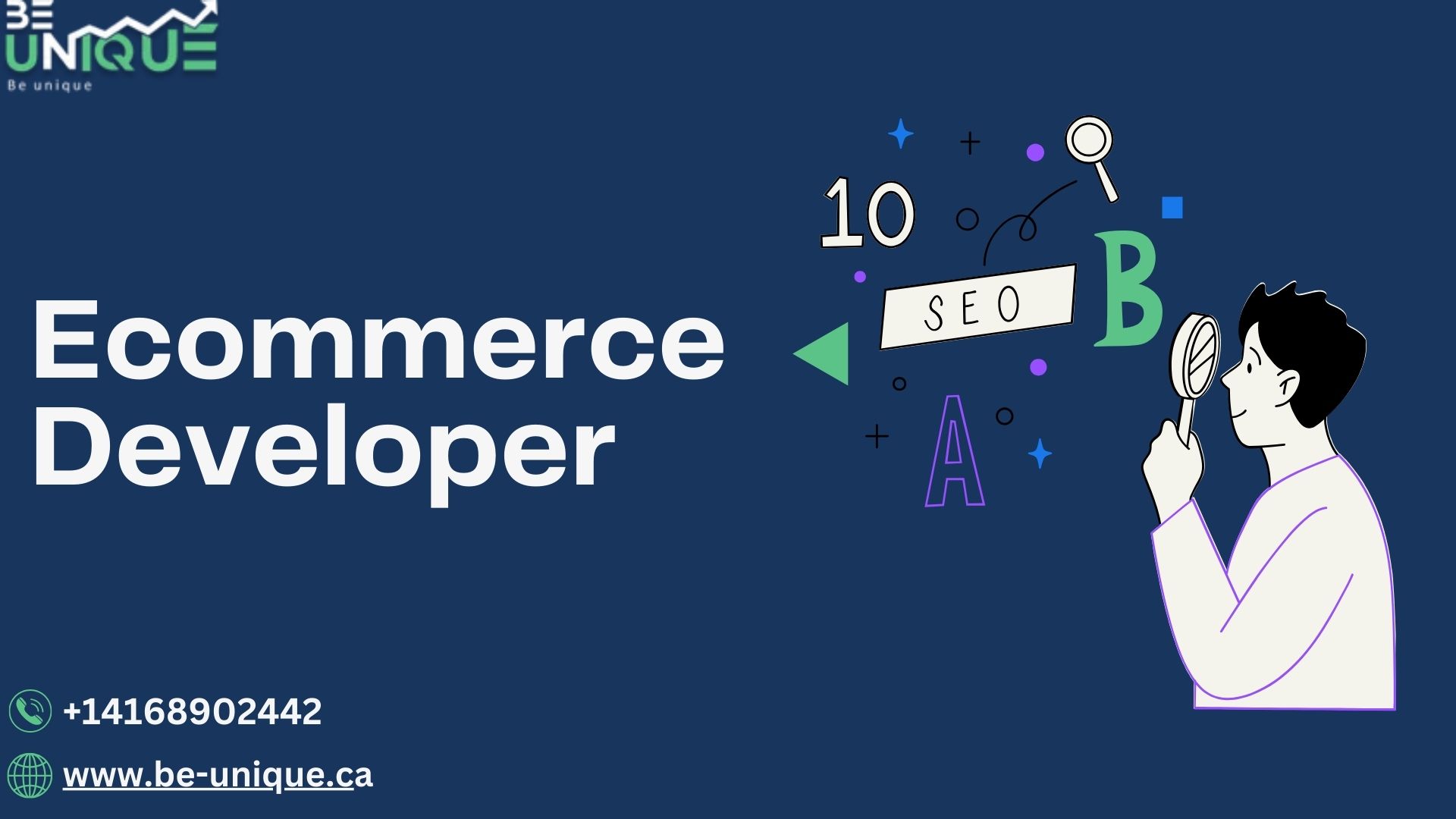Introduction
Ecommerce developers, the unsung heroes of the digital retail landscape, are the masterminds behind the virtual shopping experiences we encounter daily. In this article, we delve into the multifaceted world of ecommerce developers, illuminating their crucial role in shaping the future of online retail. These professionals, often working behind the scenes, are the architects of technology, design, and functionality that power modern online stores.
In essence, an ecommerce developer is the maestro orchestrating the symphony of technology, design, and functionality that powers modern online stores. From creating seamless user experiences to safeguarding sensitive data, these professionals are the custodians of an ever-evolving digital marketplace.
From crafting user-friendly interfaces to ensuring data security, ecommerce developers play a pivotal role in creating and maintaining the digital marketplaces we rely on. Whether you’re considering a career as an ecommerce developer, in need of their services for your business, or simply curious about the magic that brings your favorite online stores to life, this article is your comprehensive guide to understanding the indispensable role of ecommerce developers in the ever-evolving e-commerce landscape.
What Does an Ecommerce Developer Do?
An eCommerce developer assumes responsibility for the technical aspects of an online store, encompassing performance, scalability, and security. Moreover, they collaborate closely with the store’s proprietor or manager to align the store with their business objectives.
Creating an online store can be a multifaceted undertaking, underscoring the significance of selecting the most fitting eCommerce platform to cater to your requisites. Subsequently, an eCommerce developer aids in crafting a bespoke store that mirrors your brand identity and fulfills your customers’ requirements.

Typical responsibilities of an eCommerce developer encompass:
- Devising and implementing custom themes and modules.
- Configuring and overseeing plugins.
- Incorporating third-party services, such as payment gateways and shipping providers.
- Enhancing website speed and overall performance.
- Upholding website security.
- Orchestrating user experience trials.
- Providing ongoing support for website maintenance and updates.
- Collaborating closely with the store owner or manager to pinpoint business demands and devise solutions.
- Proficiency in both front-end (client-side) and back-end (server-side) development technologies is pivotal for an eCommerce developer. Front-end competencies typically encompass HTML, CSS, JavaScript, and jQuery. PHP is the prevalent language for back-end development in the eCommerce realm, although other options include Java, Python, and Ruby on Rails. Moreover, familiarity with database technologies like MySQL is crucial.
- To summarize, an eCommerce developer's principal mission is the establishment and perpetual upkeep of online stores.
If you contemplate initiating an online store or require assistance with its development, engaging a seasoned eCommerce developer is the linchpin to ensuring your store aligns with your business aspirations while delivering a gratifying experience to your clientele.

Ecommerce Developer Job Requirements
As an Ecommerce Developer, you play a crucial role in the world of online retail, responsible for creating and maintaining websites and applications that facilitate the buying and selling of products and services over the internet. To excel in this role, you should possess a diverse set of skills and qualifications, which are outlined below.
Web Development Skills: An Ecommerce Developer must have a strong foundation in web development technologies such as HTML, CSS, and JavaScript. Proficiency in popular frameworks like React, Angular, or Vue.js is a definite plus.
Programming Languages: Familiarity with server-side programming languages like PHP, Ruby, Python, or Node.js is essential for building the backend of ecommerce websites.
Ecommerce Platforms: Expertise in working with ecommerce platforms like Shopify, WooCommerce, Magento, or custom-built solutions is crucial. Understanding the inner workings of these platforms is vital for customization and optimization.
Database Management: Proficiency in database management systems like MySQL, PostgreSQL, or NoSQL databases is necessary for storing and retrieving product and customer data efficiently.
API Integration: Ecommerce websites often rely on third-party services for payments, shipping, and analytics. Knowledge of API integration is vital for seamless communication between different systems.
Responsive Design: Ensure that ecommerce websites are responsive and mobile-friendly to provide a consistent user experience across all devices.
Security: Understand and implement security best practices to protect customer data, payment information, and the website itself from cyber threats.
SEO Optimization: Ecommerce Developers should have a basic understanding of SEO principles to ensure that the website ranks well in search engine results. This includes optimizing product pages, meta tags, and website performance.
Performance Optimization: Optimize website performance to ensure fast loading times, smooth navigation, and an overall excellent user experience. This involves minimizing code bloat, optimizing images, and utilizing content delivery networks (CDNs).
UI/UX Design: While not mandatory, knowledge of user interface (UI) and user experience (UX) design principles can be advantageous in creating visually appealing and user-friendly ecommerce websites.
Version Control/Git: Proficiency in version control systems like Git is crucial for collaboration and tracking changes in code.
Problem-Solving Skills: Ecommerce Developers often encounter technical challenges and bugs that require troubleshooting and creative problem-solving skills.
Communication Skills: Effective communication is essential, as Ecommerce Developers often work closely with designers, marketers, and business stakeholders to understand and implement project requirements.
Project Management: An understanding of project management methodologies can be valuable in managing ecommerce development projects effectively, ensuring they are completed on time and within budget.
Continuous Learning: The ecommerce landscape is constantly evolving, with new technologies and trends emerging regularly. Ecommerce Developers should be committed to continuous learning to stay up-to-date with the latest developments.

Ecommerce Developer Job Requirements
In the rapidly evolving world of online commerce, Ecommerce Developers play a pivotal role as the architects behind digital marketplaces. Their expertise serves as the backbone of seamless and secure transactions, enabling businesses to not only survive but thrive in the digital landscape. These Ecommerce developers possess a unique blend of technical and creative proficiencies, which together form the bedrock of successful online stores. Here, we delve into the essential skills that define the capabilities of an Ecommerce Developer.
Technical Mastery:
At the core of their skill set lies a deep understanding of web development technologies. Ecommerce Developers exhibit mastery over essential tools such as HTML, CSS, and JavaScript. With these tools, they craft engaging and functional web interfaces, ensuring that the online shopping experience is not only visually appealing but also highly functional.
Backend Expertise:
Beyond frontend development, proficiency in server-side programming languages like PHP, Ruby, Python, or Node.js is crucial for Ecommerce Developers. This backend proficiency enables them to construct the intricate infrastructure required for the seamless functioning of ecommerce websites and applications. They design systems that securely process transactions, manage product catalogs, and handle user accounts while ensuring optimal performance and responsiveness.
Platform Prowess:
Ecommerce Developers are well-versed in a diverse range of ecommerce platforms, including popular options like Shopify, WooCommerce, Magento, and others. They harness the capabilities of these platforms to create tailored online shopping experiences, adapting and optimizing each aspect to meet the unique needs of their business clients.
Data Management and Integration:
Effective data management is a cornerstone of their skill set. These Ecommerce developers excel in managing and optimizing databases, including well-known systems such as MySQL and PostgreSQL. They ensure that customer data, product information, and transaction histories are stored securely and can be retrieved efficiently, facilitating seamless ecommerce operations. Additionally, they possess the capability to integrate third-party APIs, such as payment gateways, shipping logistics, and analytics, streamlining ecommerce processes and enhancing functionality.
User Experience and Security:
Ecommerce Developers are not just adept at creating visually appealing websites; they also possess a keen understanding of user experience (UX) design principles. While optional, their proficiency in this area enhances the visual appeal and usability of ecommerce platforms, further improving customer satisfaction.
Furthermore, these Ecommerce developers are well-versed in the critical area of security. Protecting sensitive customer data and payment information is paramount. Ecommerce Developers implement robust security measures to safeguard against potential cyber threats, ensuring that online transactions remain secure and trustworthy.
Search Engine Optimization (SEO) and Performance:
An understanding of SEO principles is vital for Ecommerce Developers. They optimize product listings, meta tags, and overall site performance to improve search engine rankings, driving more organic traffic to ecommerce websites. Simultaneously, they focus on website performance optimization, guaranteeing rapid load times, smooth navigation, and an exceptional user experience, regardless of the device used for access.
Collaboration and Project Management:
Ecommerce Developers possess effective communication skills, allowing them to collaborate seamlessly with designers, marketers, and business stakeholders. Their clear and concise communication ensures that development aligns closely with business goals. Additionally, some Ecommerce developers have a project management orientation, understanding project management methodologies to efficiently oversee ecommerce development projects, keeping them on track and within budget.
Commitment to Growth:
In the face of the rapidly evolving ecommerce landscape, Ecommerce Developers exhibit a steadfast commitment to continuous learning. They remain at the forefront of industry trends and emerging technologies, ensuring that they can adapt and innovate in this ever-changing digital world.

How Do I Choose the Right Ecommerce Website Developer?
here’s a comprehensive explanation on how to choose the right Ecommerce Website Developer:
Choosing the right Ecommerce Website Developer is a pivotal decision in launching a successful online business. To make an informed choice, follow these key steps:
- Define Your Project Requirements:
Begin by clearly outlining your project’s objectives, scope, and specific requirements. Identify the features, functionalities, and design elements you need for your ecommerce website.
- Assess Experience and Expertise:
Evaluate the Ecommerce developer’s experience and expertise in ecommerce development. Review their portfolio to gauge their proficiency in creating online stores. Look for projects that align with your business goals.
- Check References and Reviews:
Contact their previous clients and request references. Additionally, scour online reviews and testimonials to gain insights into the Ecommerce developer’s reputation and client satisfaction.
- Technical Proficiency:
Ensure that the Ecommerce developer possesses technical proficiency in the required technologies. They should be well-versed in web development languages (HTML, CSS, JavaScript), programming languages (e.g., PHP, Ruby, Python), and ecommerce platforms (e.g., Shopify, WooCommerce, Magento).
- API Integration Skills:
If your project necessitates integration with third-party services such as payment gateways or shipping providers, verify that the Ecommerce developer has experience in seamless API integration.
- Design Competence (if necessary):
If aesthetics are vital to your project, assess the Ecommerce developer’s design skills. Look for a Ecommerce developer who can create visually appealing and user-friendly interfaces, enhancing the overall user experience.
Conclusion
In this article, we explored various aspects related to Ecommerce Developers and their crucial role in the realm of online retail. We began by defining the responsibilities of Ecommerce Developers, highlighting their contributions to creating and maintaining online stores.
Next, we delved into the essential skills and qualifications required for success in this field, emphasizing the significance of web development mastery, backend proficiency, platform expertise, data management skills, and more.
We also discussed the importance of SEO optimization, performance optimization, UI/UX design knowledge, and version control expertise as optional but advantageous skills.
Furthermore, we provided insights into how to choose the right Ecommerce Website Developer, offering a comprehensive guideline to assist businesses in making informed decisions.
Additionally, we introduced beUnique as a partner for ecommerce website design, highlighting their holistic approach, design versatility, and commitment to functionality, security, and ongoing support.
The article also addressed the factors influencing Ecommerce Developer salaries, such as experience, technical proficiency, location, company size, platform expertise, and more.
Lastly, we concluded by emphasizing the pivotal role of Ecommerce Developers in shaping the digital commerce landscape and their commitment to excellence in an ever-evolving industry.
Ecommerce Developer
FAQ
An Ecommerce Developer should have strong web development skills, including HTML, CSS, and JavaScript, and proficiency in programming languages like PHP, Ruby, Python, or Node.js. They should also be adept at working with ecommerce platforms, managing databases, integrating APIs, and implementing security measures.
Businesses can make an informed choice by defining project requirements, assessing the developer’s experience and expertise, checking references and reviews, evaluating technical proficiency, confirming API integration skills, considering design competence, prioritizing security, ensuring SEO knowledge, assessing performance optimization, considering communication skills, project management abilities, budget transparency, timeline and delivery expectations, post-launch support, scalability, and legal contracts.
Ecommerce Developer salaries are influenced by factors such as experience, technical proficiency, geographical location, company size, expertise in specific ecommerce platforms, additional skills like SEO optimization and security, project complexity, industry vertical, educational background, and negotiation skills.



